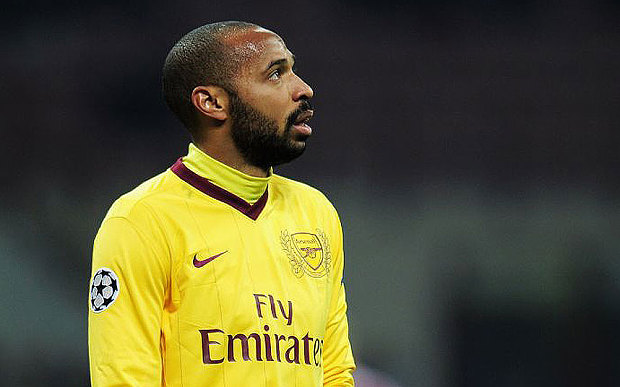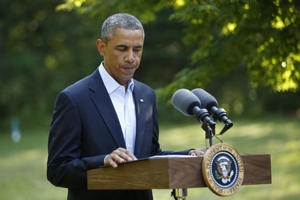Arsene Wenger has opened the door to Thierry Henry to return to Arsenal as a coach, but has told his former protégé that he must “sacrifice his life” to succeed in management.
Henry could conceivably end his playing career on Sunday in the first leg of the Major League Soccer Eastern Conference Finals, after refusing to say whether he will play in the return match at the New England Revolution because of the artificial turf. Arsenal’s record goalscorer is out of contract at New York and has offered few clues as to whether he intends to sign a new deal, look for another club or end his celebrated playing career.
Wenger says that Henry, 37, has “all the qualities” to become a manager but warned that it would be vital for him to first learn his trade and take on a meaningful job at a club. There have been no discussions about the prospect of him learning his trade at Arsenal but, on Wenger’s side at least, the idea is not being dismissed.
“It’s not impossible – I welcome people who have played for us to come back, but they need to do something,” Wenger said. “Not an honorary job. It has to be a job available and one that you get up in the morning and you have to do something.
“He has to learn his job first. I have seen so many people who have the qualities to be a manager but not survive their first job because they are not ready. When you are a football player, you think it’s so simple to be a manager. When you are a manager, you think it’s so complicated suddenly and, if you’re not prepared for that, you cannot survive.”
Related Articles
For that reason, Wenger says that it is better for an emerging coach to be given responsibility for a team, as now at Real Madrid, where Zinedine Zidane coaches the B side. “You learn to handle a dressing room and people,” said Wenger. “This job is about ideas and putting them into practice. You can only do that if you have the responsibility of the team.”
Henry had a reputation for being sensitive to criticism as a player and Wenger stressed that any manager needed to be “resistant” to harsh assessments of his work.














